Tony Evers:
It’s too early to tell, but that is always an option that is on the table.
Frederica Freyberg:
Governor Tony Evers this week threatens to veto the entire state budget that Republicans are now recrafting over school funding. Evers called it an insult to the kids of our state. That’s because the budget committee voted to increase state funding by $128 million over the next two years, when Evers had proposed a $1.6 billion increase. The Republican version also does not meet the spending threshold set by federal rules for Wisconsin to get $1.5 billion in the latest pandemic aid package to schools. The Wisconsin Rural Schools Alliance says that with its action, the Joint Finance Committee gets an “F” on adequately investing in K-12 education. We turn to Kim Kaukl, executive director of the Rural Schools Alliance. Thanks very much for being here.
Kim Kaukl:
Thanks for having me, Frederica. Appreciate it.
Frederica Freyberg:
When the Joint Finance co-chair says their on-going investments represent a responsible budget, what do you say?
Kim Kaukl:
I think they missed a great opportunity here. We know there’s about $2 million in surplus coming in and there are a lot of issues that need to be addressed in this budget. I think they are relying a lot on the federal funding that’s coming in, but missing the point on the federal funding that that is really dedicated to COVID relief and COVID activities, and is not meant to backfill. And as you had stated earlier, the $128 million is only about 10% of what Governor Evers put in the original budget. I think a couple things that really concern us is there’s no increase in general aid, no increase in revenue ceiling and no increase in per-pupil spending in that. What we are really concerned about heading down the road, with the Joint Finance Committee really relying on this one-time federal funding, it is setting us up for a financial cliff probably in the next two years. I know the GOP, members of the Joint Finance and many of the GOP legislators don’t like referendums and this is going to put us right back in that cycle of referendums, where here they had the opportunity to use some of that surplus that we — probably the biggest surplus we have had in a long time, to really take care of some of those issues and to prevent districts, especially rural districts, from going to operational referendums to keep their doors open.
Frederica Freyberg:
In addition to that fiscal cliff, not maintaining a certain threshold of state education funding puts that federal aid at risk itself under federal rules. But majority Republican budget writers think that can be managed. What kind of gamble does that represent in your mind?
Kim Kaukl:
To me, it is a big gamble because it is not only affecting the ESSER III money that hasn’t been sent out yet, but it is also going to have an impact on the second year of this ESSER II money that is coming. And a lot of our folks — now as we get into the summer, just haven’t had time to put all their claims in yet for the ESSER II and so we’ll be doing that over the summertime here and if the decision not to meet the —
Frederica Freyberg:
The threshold for state funding, yeah.
Kim Kaukl:
Thank you, yes, would be real devastating if we don’t get that ESSER money because these people were planning on it. They just haven’t had time to get their receipts submitted to the DPI. So, again, that could really put us in a real bind.
Frederica Freyberg:
So you talk about this money coming in, and a lot of COVID relief has come in to the state. Are schools being greedy to want so much spending at this time?
Kim Kaukl:
I don’t think so. I believe through this whole pandemic, they have spent a lot of extra money on things they normally wouldn’t have spent on, especially last spring when we had to make the pivot from face-to-face to everybody basically going virtual. A lot of our rural districts were paying for internet plans for families, hot spots for families, going out and purchasing additional computers. And as we went into this fall, what we realized from last spring is so many of our kids got left out last spring because of lack of internet service, so a lot of our rural districts were sending out classroom packets via their bus routes and delivering them to families and then teachers contacting them either by phone or some kind of socially distanced, face-to-face where they could at least ask questions and that. Yeah, there was just a lot of unexpected costs there and —
Frederica Freyberg:
Just super quickly with less than a minute left, one of the things the majority budget writers want to do is reward districts who stayed open through at least 50% of the pandemic. They want to reward them with aid. What do you think of that, especially given that it was largely rural districts that did return to in-person?
Kim Kaukl:
Yeah, it is an advantage for our rural districts because many of them were face-to-face because of that internet issue, but we are also concerned about the whole precedent that that is setting because so many districts talk about local control and so many districts did what they felt was right. Many of our rural districts were face-to-face. Many of the moderate districts were hybrid and then the larger districts fell to virtual, and that was what was best. I think everybody did the best they could with what we had.
Frederica Freyberg:
We’ll be watching this going forward. Kim Kaukl, thanks so much for joining us.
Kim Kaukl:
Thank you, have a great day.
Frederica Freyberg:
You, too.
Search Episodes
News Stories from PBS Wisconsin

Donate to sign up. Activate and sign in to Passport. It's that easy to help PBS Wisconsin serve your community through media that educates, inspires, and entertains.
Make your membership gift today
Only for new users: Activate Passport using your code or email address
Already a member?
Look up my account
Need some help? Go to FAQ or visit PBS Passport Help
Need help accessing PBS Wisconsin anywhere?

Online Access | Platform & Device Access | Cable or Satellite Access | Over-The-Air Access
Visit Access Guide
Need help accessing PBS Wisconsin anywhere?

Visit Our
Live TV Access Guide
Online AccessPlatform & Device Access
Cable or Satellite Access
Over-The-Air Access
Visit Access Guide
 Passport
Passport



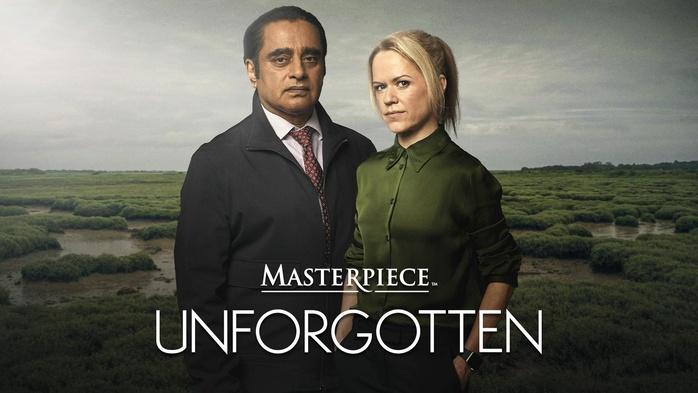

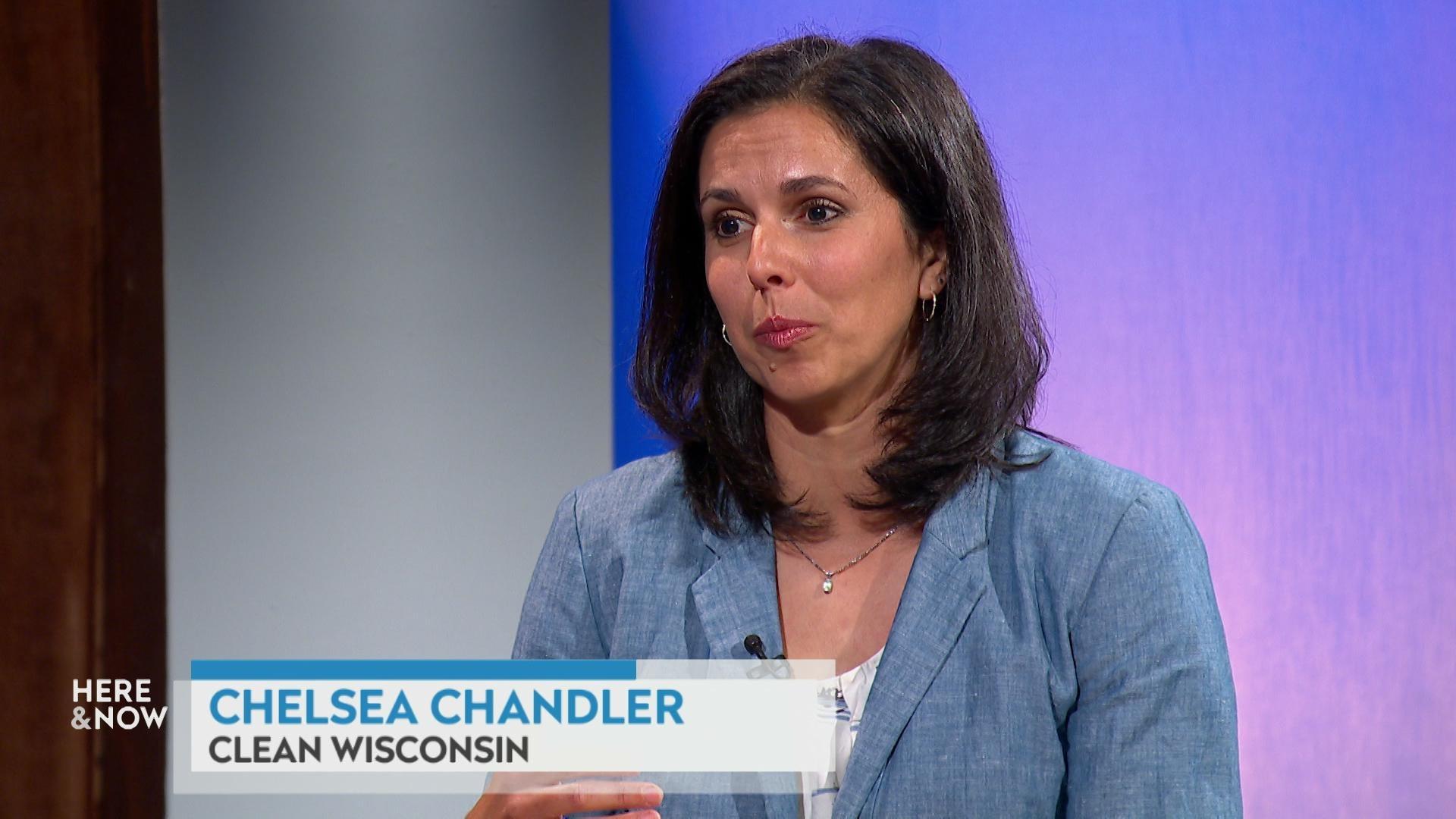

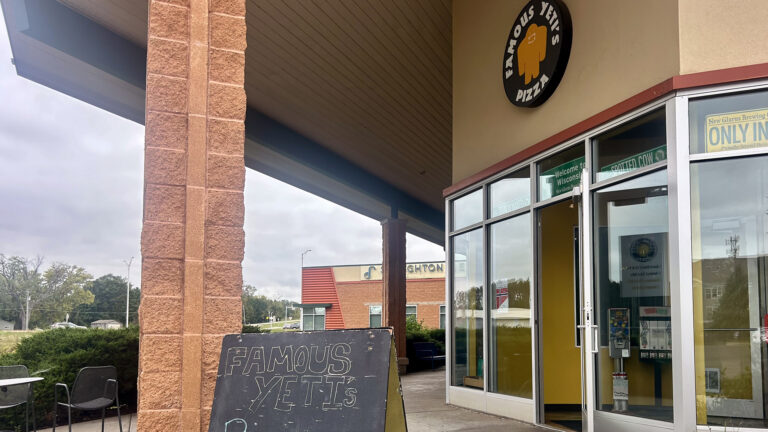
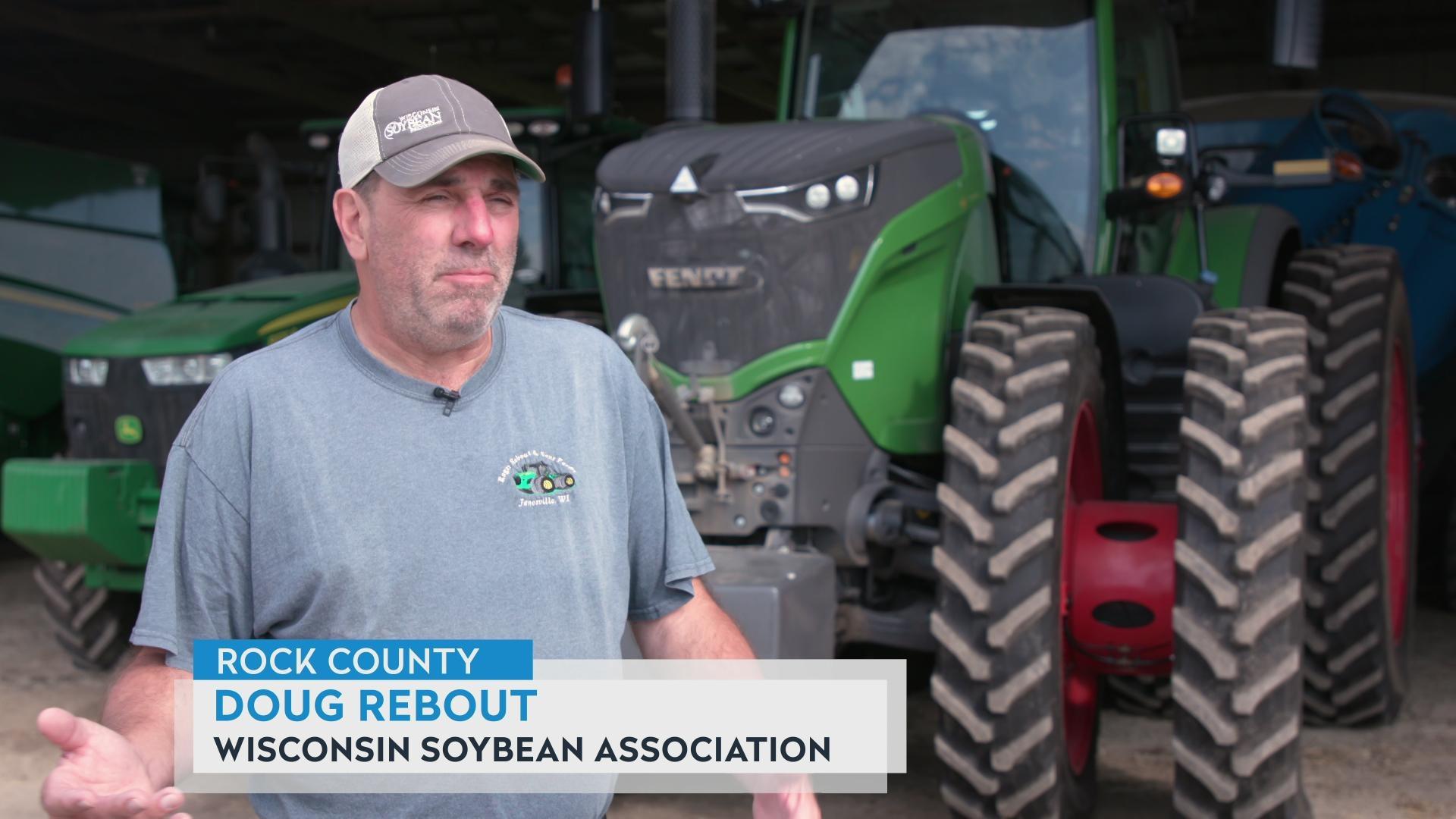


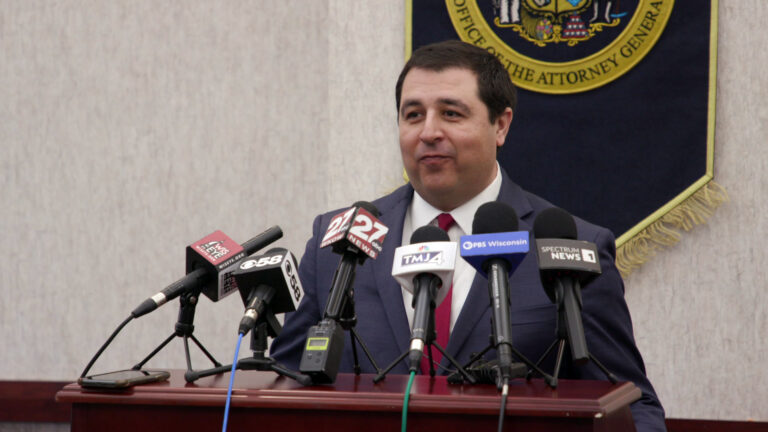
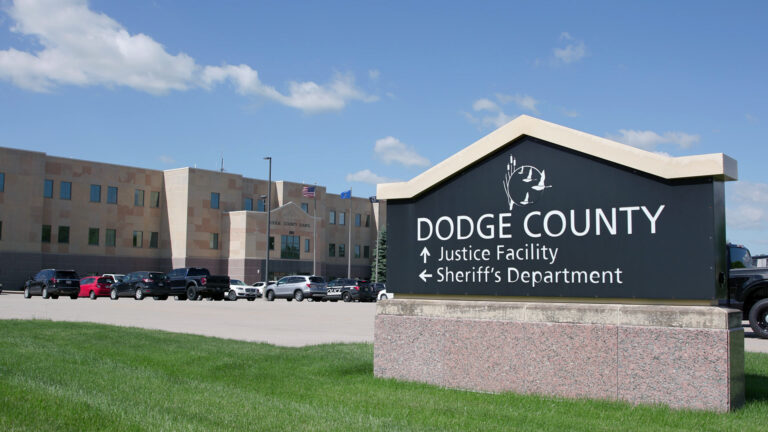
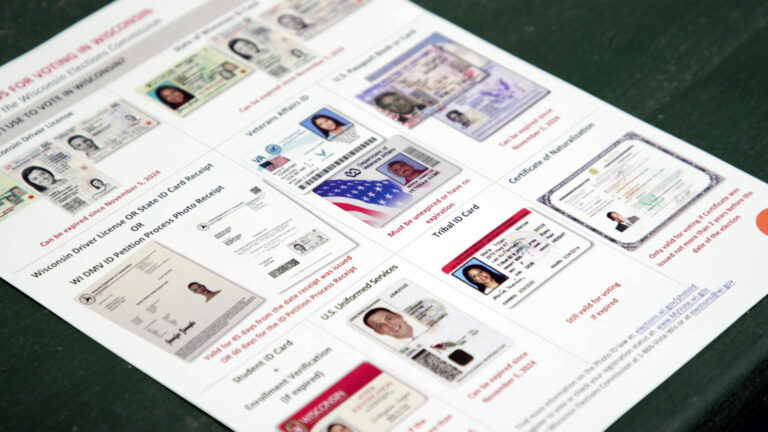
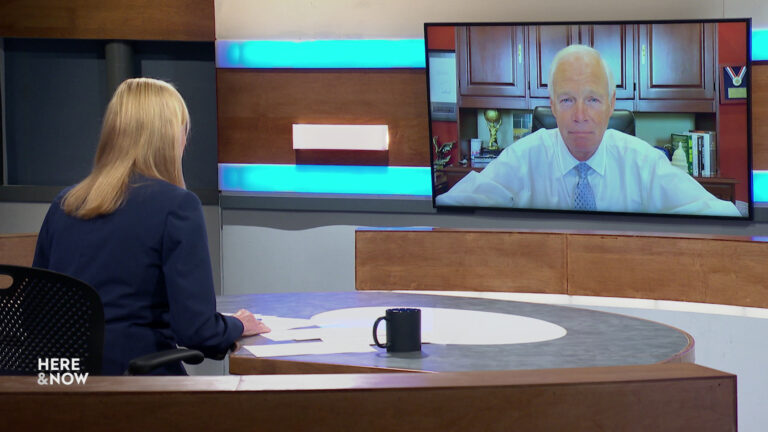
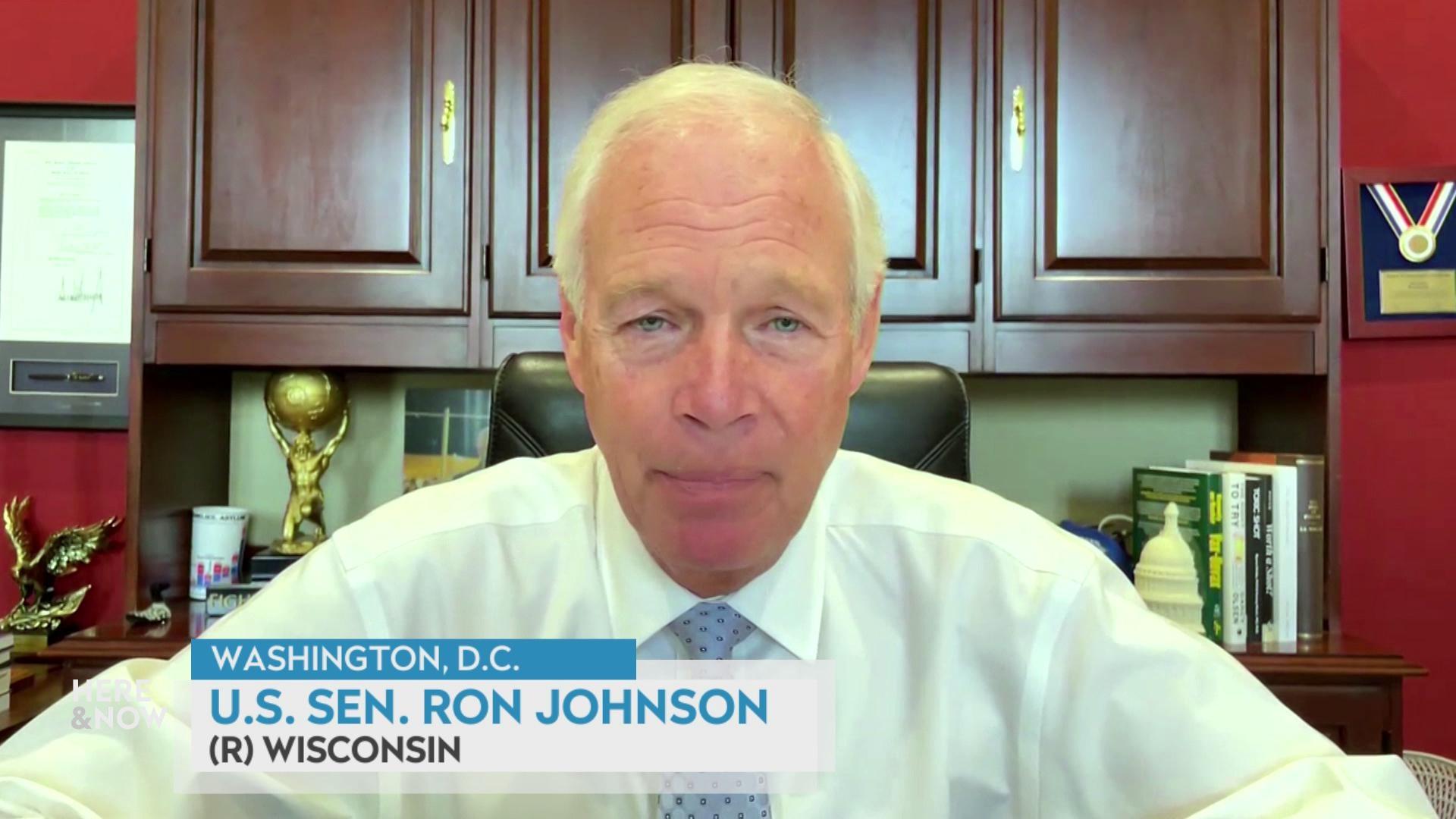
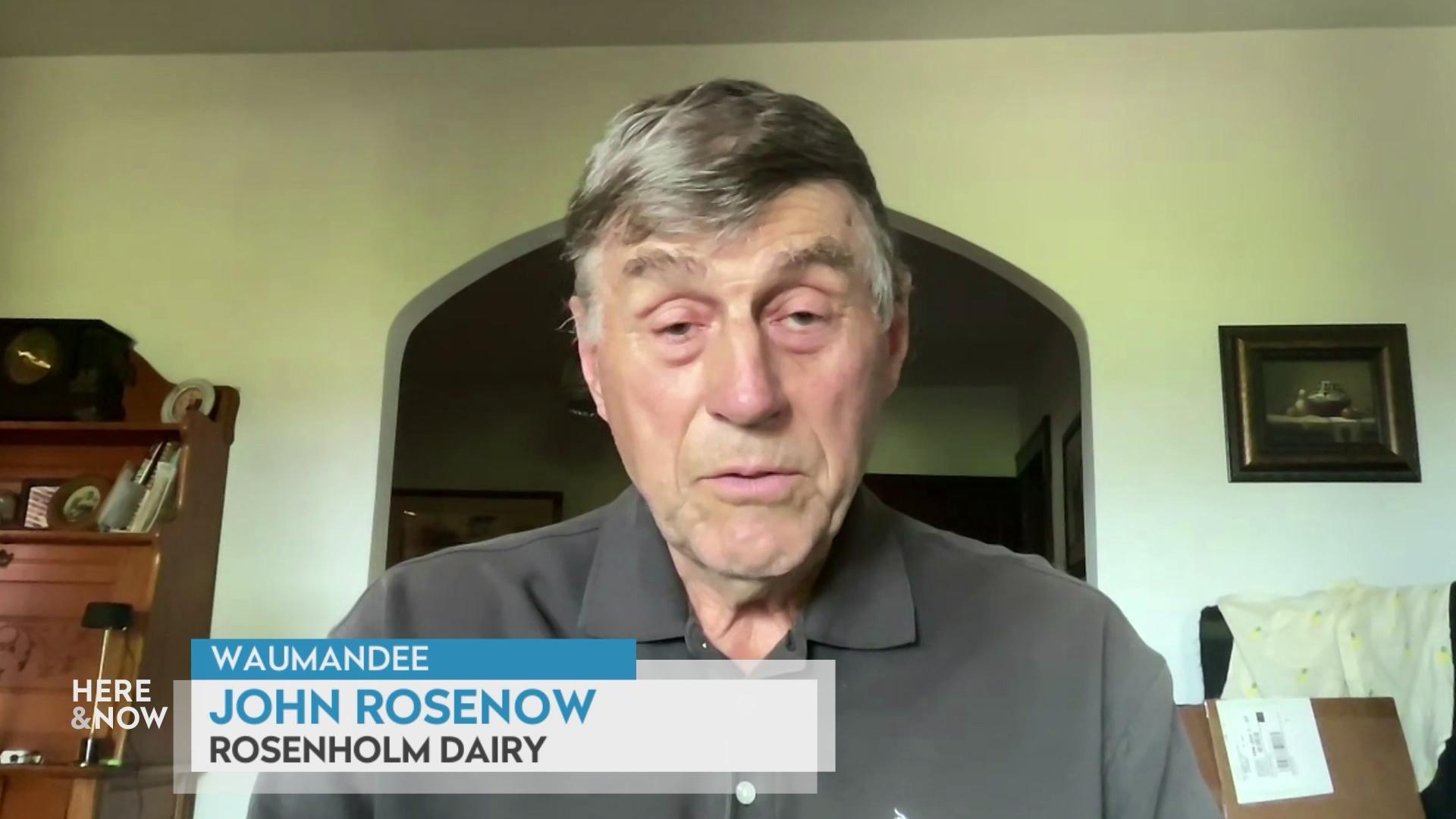

Follow Us